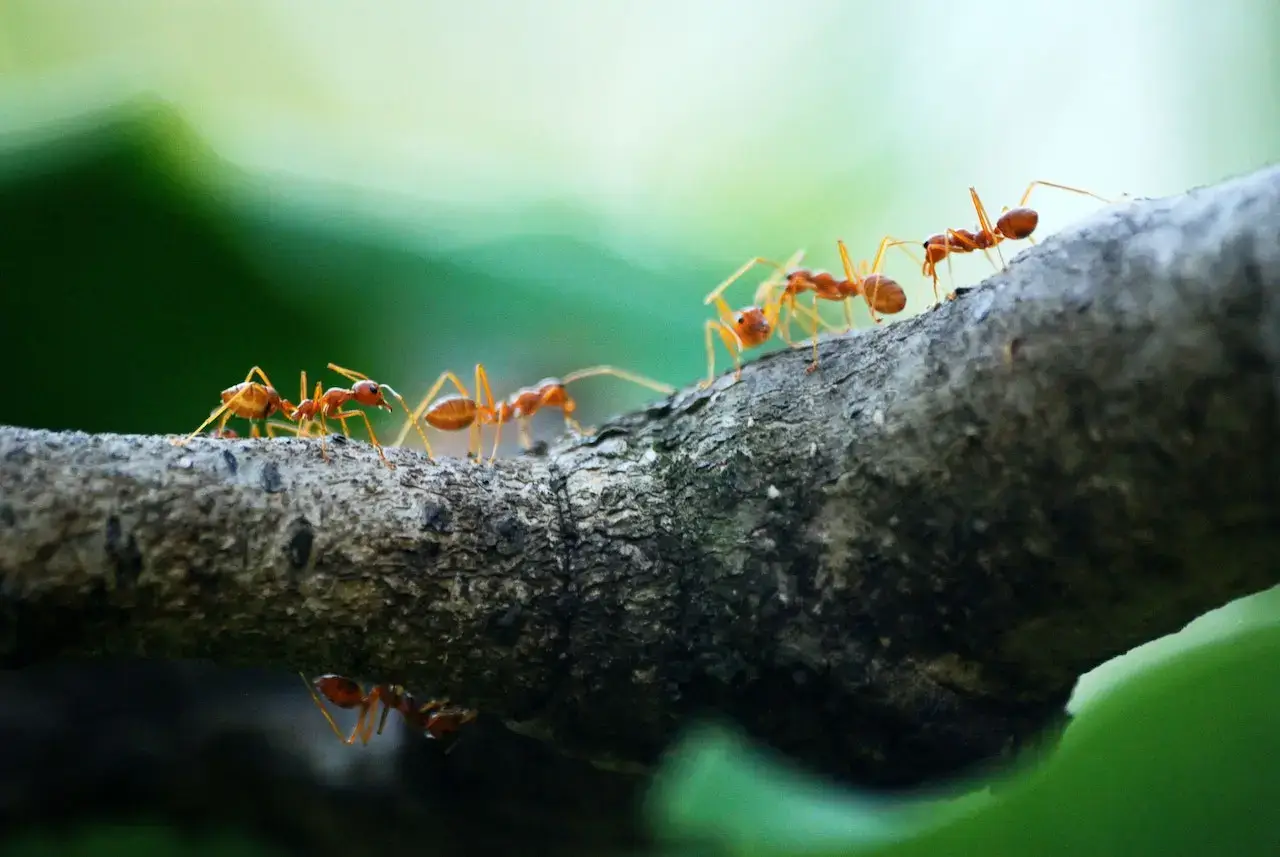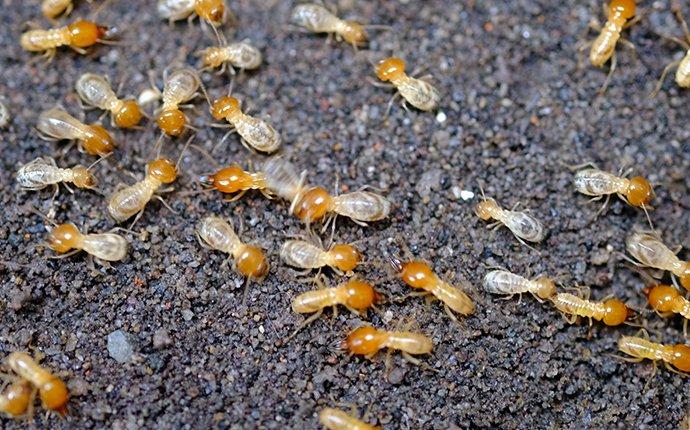Top Ant Control Services: Trusted Solutions for Your Home or Business
Top Ant Control Services: Trusted Solutions for Your Home or Business
Blog Article
Ecological Effect of Insect Control: Balancing Efficiency With Sustainability
The environmental impact of pest control is a vital problem that requires a delicate balance in between attaining effectiveness in ensuring and managing pests sustainability of our communities. As we strive to shield our plants, homes, and health and wellness from the risks positioned by insects, the techniques we utilize can accidentally harm the atmosphere. From making use of harmful chemicals that permeate into our dirt and water to the unintentional consequences on non-target types, the repercussions of standard pest control techniques are far-ranging. Nonetheless, there are emerging strategies that use hope for an extra sustainable strategy to pest management. These solutions not just purpose to attend to the instant pest issues yet additionally take into consideration the long-term wellness of our planet.
Unsafe Chemicals in Pest Control
The application of damaging chemicals in insect control positions substantial environmental and health dangers that call for mindful consideration and reduction strategies. Herbicides, pesticides, and chemicals are typically used to eliminate insects, but their widespread application can lead to unintended consequences. These chemicals can contaminate dirt, water resources, and the air, impacting not only the targeted insects however additionally beneficial insects, wild animals, and humans.

To deal with these threats, incorporated insect management (IPM) techniques are being advertised as an extra lasting alternative. IPM includes a combination of methods such as organic control, environment control, and the targeted use chemicals as a last hope (ant control mooresville nc). By adopting an alternative method to pest control, we can minimize the ecological and health influences connected with dangerous chemicals while successfully managing pest populaces
Effect On Non-Target Species
Taking into consideration the unexpected repercussions of bug control methods, the effect on non-target species is a critical aspect that calls for comprehensive assessment. While pest control measures intend to target details parasites, various other organisms in the community might be accidentally influenced. Non-target species, consisting of beneficial insects, birds, mammals, and also plants, can suffer direct or indirect harm from chemical applications or biological control techniques.
Pesticides can have lethal or sub-lethal effects on non-target species. Pesticides created to fight a certain insect bug might hurt pollinators like or all-natural predators such as ladybugs. Furthermore, chemical deposits can build up in the atmosphere, affecting non-target organisms with time. Likewise, organic control agents, otherwise species-specific, can posture threats to unintentional targets, disrupting the eco-friendly equilibrium.
To reduce the effect on non-target types, integrated insect monitoring (IPM) approaches that emphasize an all natural method to pest control are advised. These techniques prioritize using eco pleasant techniques, decreasing injury to valuable microorganisms while properly handling pest populations. Conducting comprehensive risk assessments and monitoring the outcomes of parasite control initiatives are crucial action in guarding non-target varieties and promoting total environment health.
Soil and Water Contamination
Unplanned environmental effects of insect control approaches prolong past affecting non-target species, with substantial ramifications for dirt and water contamination - ant control services. Chemicals, herbicides, and chemical fertilizers utilized in parasite control can leach into the dirt and pollute groundwater, posturing a danger to both earthbound and marine ecosystems.
Water contamination is an additional vital concern associated with pest control techniques. To minimize soil and water contamination from bug control tasks, integrated insect management techniques that prioritize sustainability and minimize chemical inputs are essential.
Air Pollution From Chemical Usage
Direct exposure to airborne pesticides during agricultural applications postures a substantial issue for air pollution control actions. When pesticides are sprayed onto crops, they can volatilize right into the air and form volatile natural substances (VOCs) and other air-borne toxins. These chemicals can contribute to the development of ground-level ozone, a significant element of smog that can have detrimental results on human wellness, plant performance, and general air high quality. Additionally, pesticide drift, where pesticides are carried by the wind to unexpected areas, can lead to the contamination of neighboring environments and water bodies.

Strategies for Sustainable Pest Control
In the realm of agricultural techniques, executing lasting insect control techniques is paramount for keeping environmental balance and guarding plant yields. Lasting bug control stresses making use of eco-friendly approaches to manage insect populaces properly while reducing damage to non-target microorganisms and communities. Integrated Bug Monitoring (IPM) is an extensively adopted method that incorporates organic, cultural, physical, and chemical control techniques to attain long-lasting pest administration services.
Crop turning and diversity are also effective strategies to interrupt pest life cycles and produce much less positive conditions for parasites to flourish. Ultimately, by incorporating these sustainable parasite control methods, farmers can achieve an equilibrium in between pest management performance and environmental stewardship.
Conclusion
In final thought, the ecological effect of bug control techniques have to be thoroughly thought about to stabilize performance with sustainability. Unsafe chemicals made use of in pest control can cause soil and water contamination, air contamination, and damage non-target varieties - termite control services. It is essential to execute sustainable parasite control strategies to minimize these unfavorable results on the environment and promote a healthier ecosystem for future generations
By taking on a holistic strategy to pest control, we can reduce the ecological and health influences associated with hazardous chemicals while effectively taking care of pest populaces.

To alleviate the air contamination created by chemical usage, it is crucial to take on integrated bug administration strategies that prioritize the usage of non-chemical insect control methods, such as plant rotation, all-natural predators, and immune crop selections. Sustainable insect control stresses the use of ecologically pleasant techniques to take care of insect populaces effectively while lessening harm to non-target organisms and ecological communities. Click This Link Integrated Pest Administration (IPM) is an extensively adopted technique that incorporates biological, cultural, physical, and chemical control techniques to achieve long-lasting parasite management remedies.
Report this page